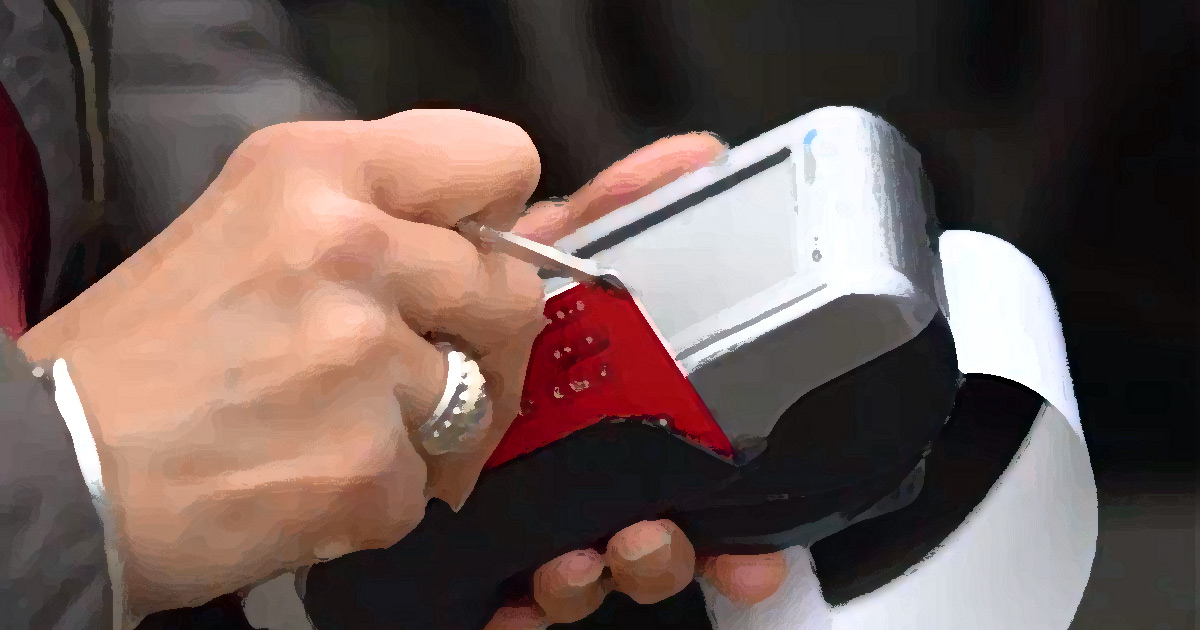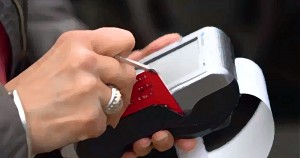The fight against government theft of private property, through “civil forfeiture,” just got a little harder.
There’s a new technology available: ERAD card scanners.
And the Oklahoma City Police Department’s joint interdiction team has them, and can use the scanners to take money from you without your consent.
What money, in particular? The money you have stored in pre-paid debit cards.
ERAD stands for Electronic Recovery and Access to Data, and the ERAD Group, Inc., stands to make a lot of cash from the technology. Police around the country want to be able to take the funds secured in debit cards. It’s the latest thing in the war against the war against the War on Drugs.
Drug traffickers, we’re told, hide dozens of such cards in vehicles transporting drugs.
It’s not enough that police can, in the course of investigating a crime — without conviction, mind you; indeed, without charges being filed — confiscate the cards themselves.
The police also want to be able to siphon the money out of those cards.
Which leads to corruption. Which is already rife in civil forfeiture usage, as a recent Oklahoma state audit found — missing money, misused funds, that sort of thing.
The cavalier way in which government officials defend expropriation by ERAD scanners is chilling. In an Oklahoma Watch article, reporter Clifford Adcock relates the official explanation: “These cards are cash, not bank accounts. . . . Individuals do not have privacy rights with magnetic stripe cards.” Why not? Because the information on the strip “literally has no purpose other than to be provided to others to read.”
That’s so open to logical criticism you could drive a confiscated truck fleet through it.
This is Common Sense. I’m Paul Jacob.





